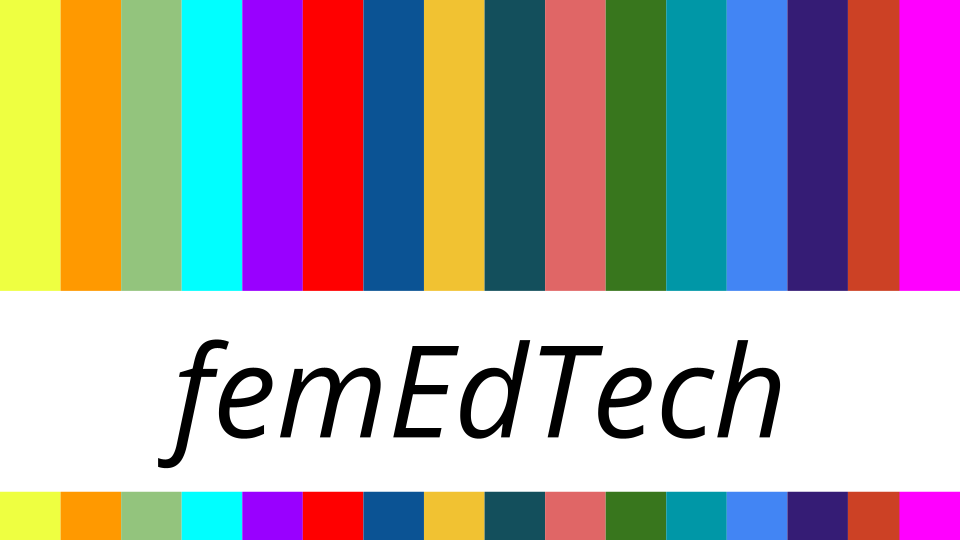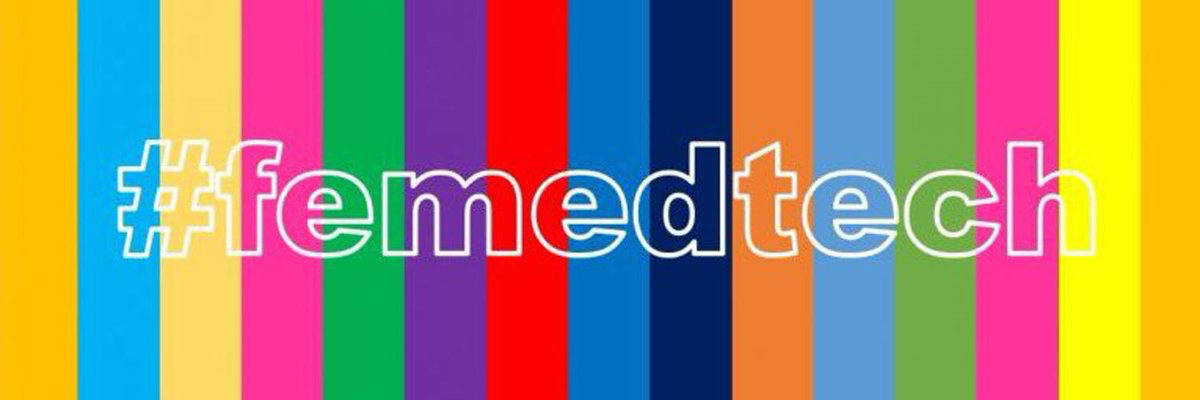There are few things these days more likely to make me lose sleep than injustice, and there’s too much of this around it seems.
Yesterday was Saturday. I was working at my institution alongside my colleagues promoting our courses at our Open Day. This time of year we are all trying to pace ourselves for the demands of our teaching and the challenges of the many administrative tasks which have to be done but at least when there were quiet times between talking with prospective students and their parents we had the opportunity to catch up with each other about our activities. One of my colleagues, knowing I’m a learning technologist, spoke to me about her recent experience learning how to use the authoring tool H5P. As a frequent user myself I was happy to hear that she was enjoying creating resources for her language learners. However, when I asked about the training I was surprised to hear that no mention had been made of how to communicate her intellectual property rights over her work. No mention of Creative Commons licencing. I asked if the work she was creating used only her own thought and creativity – yes of course. So, I argued, ownership of the finished little OER was hers. She should ensure that:
- she exported her own copy of her work so that it would not be left inside the institutional VLE should she move to work elsewhere
- she should apply a Creative Commons licence, probably CC BY, and link to her online profile/website.
She was familiar with my stand on licencing and agreed that she would follow this up. I was disappointed that no-one had had this discussion with her during the institutional training.
I have been working with our language acquisition tutors on managing their online presence and sharing resources to support their understanding of ownership online for some years now. Personally, I am an open educational practitioner and I fully accept that not everyone wishes to work in that way. However, teaching is not the secure “job for life” that many assume. Over the years security has been eroded and many people in our position have to work for multiple institutions or manage a succession of jobs in order to make a living. Many of us are female and have to manage our careers carefully in order to get fair reward for our expertise. Nowadays this means curating a professional presence online. Creative Commons is an important tool in that process.
As a teacher for over 30 years I have had the privilege of working with thousands of learners. This interaction has helped me to refine how I communicate the complexities of learning a language. This learning process informs my creativity of little OER creation of which largely takes place in my “spare” time – weekends, holidays. I am not unusual, many teachers find it rewarding to use online tools to create and share resources. I completed Creative Commons accreditation (self-funded of course!) in order to better understand my place in the digital authoring universe and do everything I can to support others like me because we are part of a community of practice. I believe we can all do more to redress the balance of power in favour of practitioners who create through being open and honest about Intellectual Property online. Agreeing an ownership policy with staff is also helpful, one which allows for the nuances of possibilities in terms of who did what.
The following gripes need to be addressed:
- the assumption that teaching resources shared in the VLE or created with institutionally provided tools are automatically owned by the institution. This discussion needs to be more nuanced. In some cases no institutional time or support is involved. There should be no automatic harvesting of resources shared in a VLE without consent of creators and attribution for their work.
- the selection and display of Creative Commons licences in our tools should be more transparent and visible to all.
Moodle you can do better than this:
Mahara (also open source) has thought more deeply and offers:
This approach encourages deeper learning for all users. It may not be perfect but it is much better.
As learning technologists we can empower practitioners and push back against the poor provision currently available in our tool box. Little OER do a good deal to improve the quality of teaching and learning, especially in language acquisition. After all, the creativity of teachers drives the creativity of students. In our practice we owe it to them to be as transparent as we can about their rights over their work. This was we show that we are grateful for the harvest they bring to our institutions, we acknowledge their labour. Without taking these steps we collude with the exploitation of our colleagues. It is that important. We can make our working world a fairer place.






Provide Feedback